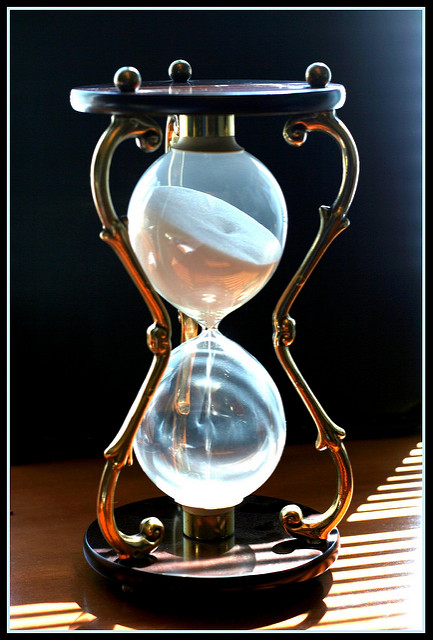What are you looking for?
When you start writing grants, you’ll need lots of patience and a plan. Most grants require 3 to 6 months from the time you submit an application to an actual award, so if you need money next week, you’ll need to try another type of fundraising. If you can plan in advance, however, you can develop a consistent and growing stream of revenue to support your mission.
Where to start?
Go online and find yourself a copy of ‘Grant Writing for Dummies.’
In all of my years of writing grants, I’ve never found a better resource for the beginner than Grant Writing for Dummies. It explains all of the terminology that you’ll need to know and will direct you to additional resources if you need further clarification.
Start a spreadsheet to be your “Grant Tracker”.
I have included a blank one at the bottom of this page. It’s the one I’ve used to raise millions of dollars, so don’t let the simplicity of it fool you. The excel spreadsheet has two tabs.
The first tab is for your grant calendar. Most grants have a deadline for submission, and if you miss the deadline, you’re out of luck. You’ll have to wait until the next deadline. As you’re doing research on foundations, corporations, and government grant makers that might support your cause, put their name and basic information under the appropriate month.
The second tab is the grant submission log. As you write grants, you’ll want to put in the name, funding request, funding amount, etc. into the tracker so you will know what work you’ve done. As you complete grants, change the status of the grant on the calendar page, so you can see at a glance what work you’ve done and what work you need to do. You’ll want to reset these annually so you’re looking at a fresh calendar.
The final tab is a ‘dead list’. If you have research a funder and they aren’t interested in the kind of work ya’ll do, put them here. This gives you a permanent record so you won’t waste time in the future.
Sign up for a tool to research grant makers.
I recommend Foundation Center Online. This search tool lets you look for funders who support the kind of work that you do. I’ll go into more detail on the grant research in a later post, but this is essential to building your annual calendar of grants.
Boilerplate is your friend.
What is boilerplate? Paragraphs of program description and answers to other grant related questions that you’ve carefully crafted over the years. You’ll want to keep it, and you’ll need a place to put it. Organizing boilerplate like your mission statement will make it fast and easy to find what you need as you’re filling out multiple applications during the year. It’s not plagiarism if you’re copying your own words. I use Microsoft Onenote to store all of my program descriptions, staff bios, outcome measurements, and even entire old grants.
Create an organized filing system.
Grant writing is very paperwork heavy. If you don’t have a way to organize all of that paper, it will drive you crazy. I’ve learned this from experience.
Pray for the patience.
Grant writing involves a lot of waiting, and if you get squirmy, it will make you miserable. God will use grant writing to teach you patience.
Looking for more articles about grant writing? Try these:
- How do I write grants?
- How do I write a grant budget narrative?
- What on earth is a logic model?
- How do I manage my grant deadlines? Build a grant calendar!
- How do I write a donation request to a business?
- Can I find new grant opportunities?
- How do I get grantors to give again?
Check out The Fundraiser’s Playbook for a full list of fundraising articles.
Would you like to learn more about raising money for Church and Ministry? Check out Letters From The Almoner, now available on Amazon.com.
Image courtesy of John Morgan, via Creative Commons License, some rights reserved.








